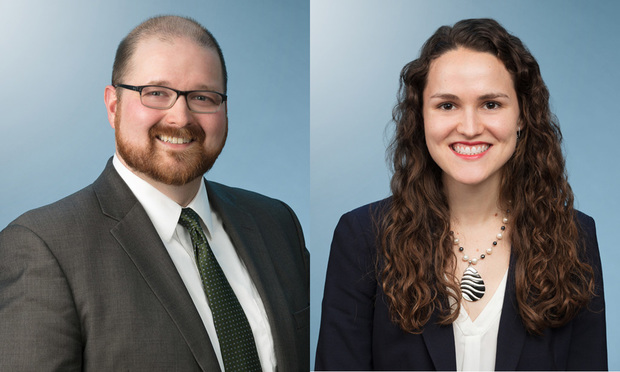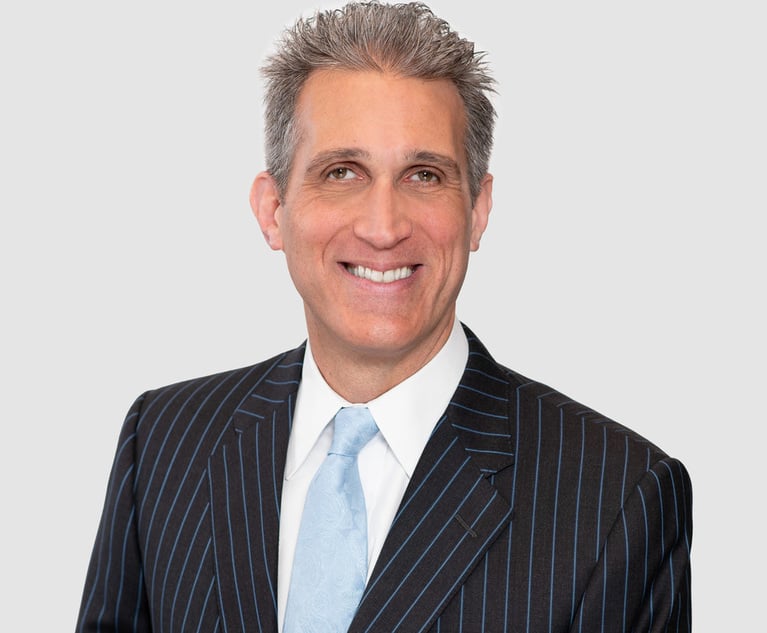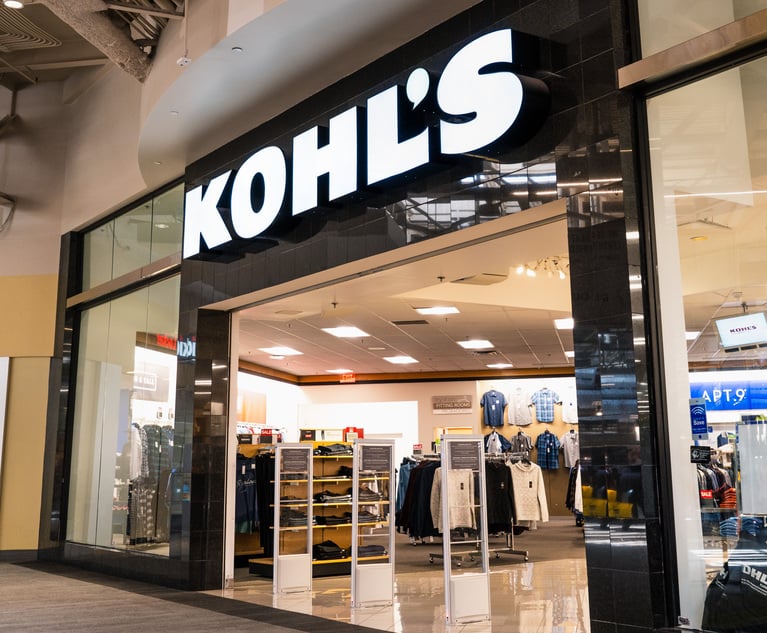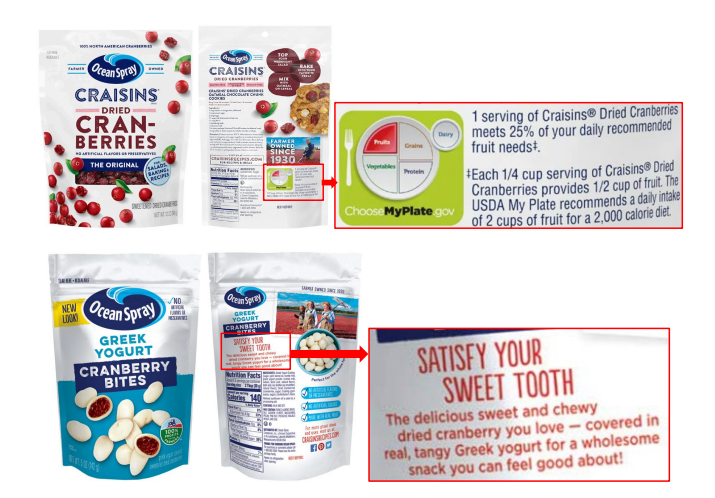Courts are growing increasingly skeptical of class actions challenging the labeling and advertising of food, beverage, and other consumer products. In the past few years, numerous courts have dismissed complaints because a reasonable consumer would not interpret the challenged statement in the way the plaintiff alleges. In an attempt to survive this more robust reasonable-consumer standard, many plaintiffs’ lawyers have begun including consumer survey allegations in their complaints. The legal significance of these allegations—which are often barebones—is a developing question of law with significant implications for practitioners.
An Emerging Tactic: Consumer Surveys at the Pleading Stage
Consumer surveys have long been an important part of consumer fraud class actions, but traditionally they have not been a significant point of contention until the expert discovery stage. At that point, litigants often enlist an expert to design a survey that explores: (1) consumer interpretation, and (2) materiality.
This content has been archived. It is available through our partners, LexisNexis® and Bloomberg Law.
To view this content, please continue to their sites.
Not a Lexis Subscriber?
Subscribe Now
Not a Bloomberg Law Subscriber?
Subscribe Now
LexisNexis® and Bloomberg Law are third party online distributors of the broad collection of current and archived versions of ALM's legal news publications. LexisNexis® and Bloomberg Law customers are able to access and use ALM's content, including content from the National Law Journal, The American Lawyer, Legaltech News, The New York Law Journal, and Corporate Counsel, as well as other sources of legal information.
For questions call 1-877-256-2472 or contact us at [email protected]


 Partner Tyler A. Young and associate Emily Bodtke Zambrana, Faegre Drinker associate (Photo: Courtesy Photo)
Partner Tyler A. Young and associate Emily Bodtke Zambrana, Faegre Drinker associate (Photo: Courtesy Photo)




